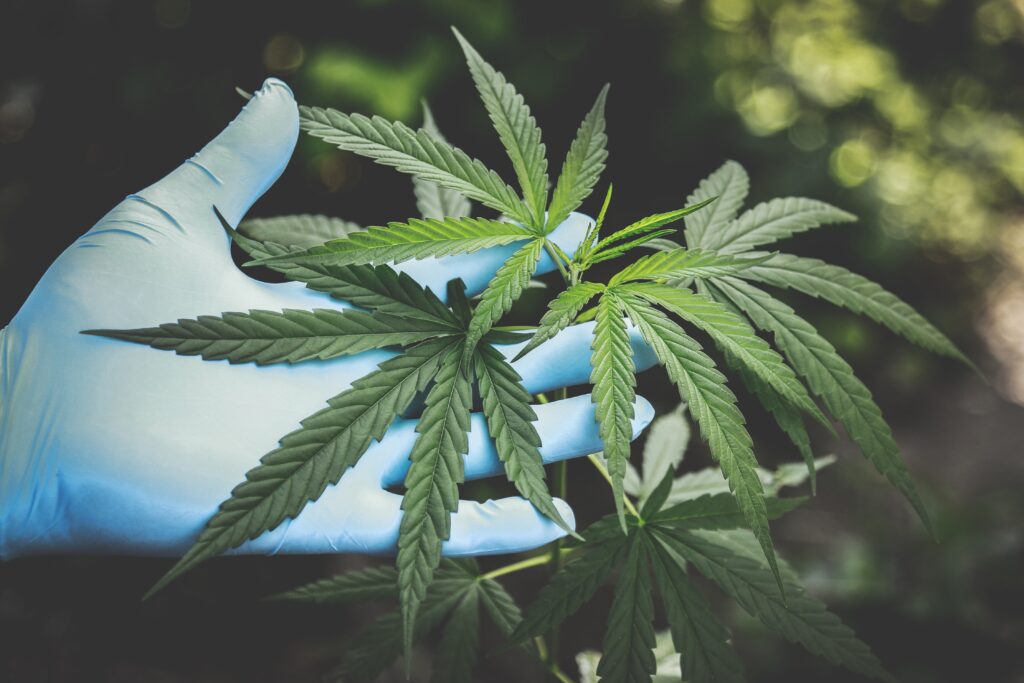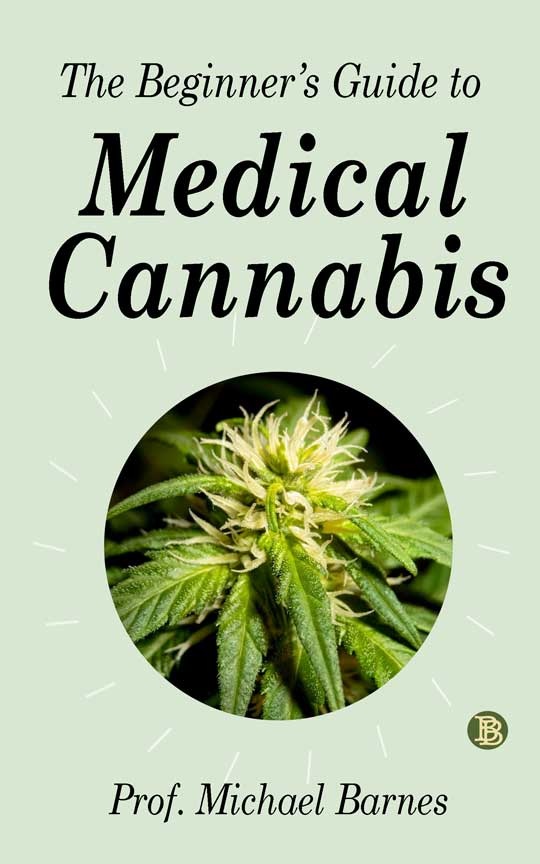I’ve thought about this a lot and I have tried a bit of CBD oil last year but I don’t think I got the right stuff or the correct dose. But I’ve read a lot about it and I do think CBD could have a very real place in helping those with allergies and eczema.

How could CBD oil help eczema
I’ve read so many good things about it, including the following:
- It can help to reduce inflammation
- Microbial qualities to help fight infection
- Reduce redness
- Help alleviate itching
- Reduce flakiness of skin
- Reduce pain
- Reduce anxiety
- Help promote better sleep
I did find a few studies about CBD for eczema and there do seem to be early indications that it’s worth a try. See below for further reading and some studies you might like to read.
How does it work on skin?
I’m not a scientist of a skin expert but our skin produces its own cannabinoids so using natural CBD could help by reducing inflammation and relieving dry skin. Because cannabinoid receptors are also present in the nervous system, CBD can also help to soothe eczema symptoms such as itching and pain. Check out the WayofLeaf website for more information.
How could CBD oil help allergies?
Allergies are more complex but there do seem to be many ways that CBD could help those with allergies too, including:
- Relieve pressure in the nose and the sinuses, making it easier to breathe and easier to expel any mucus that’s stored in these areas.
- Helping to manage pain, which can be a problem with people suffering from allergies.
Studies on mice have shown that animals lacking these cannabinoid receptors have a greater allergic response compared to controls. This finding is supported by a further study which found that dogs with atopic dermatitis had greater immune reactivity at cannabinoid receptors compared to their healthy counterparts. Source: WayofLeaf
How is it taken?
You can take it sublingually, with a few drops under your tongue, which you hold there for 30 seconds to allow it to absorb.
It can also be applied directly to the skin to help alleviate itching.
You can buy CBD gummies or sweets but I’m not sure how beneficial these are.
Are there side effects of CBD oil?
As far as I can tell there aren’t any side effects, although it can cause drowsiness – something I’m hoping is the case as I’d like to see if it helps me sleep.
It should also NOT be given to growing children.
Further reading
If you’re interested in this subject, I found the following resources useful:
- This book is a great starting point. Check out ‘The Beginner’s Guide to Medical Cannabis’ by Prof Michael Barnes.
- The Endocannabinoid System and Its Role in Eczematous Dermatoses
- Therapeutic Potential of Cannabidiol (CBD) for Skin Health and Disorders.
- An Observational Study of the Application of a Topical Cannabinoid Gel on Sensitive Dry Skin
So what’s next?
I’ve been looking for a good product to try and hope to start very soon, when my samples arrive. I’ll keep you all posted but am working how I track my progress to see if it is indeed helping. I will make a note of my sleep quality and keep a diary while using it to note down my mood, mental health, itch levels, where my eczema is and what my skin is like, how my TSW is going.
Have you used CBD for eczema, allergies, pain, anxiety or something else? I’d love to hear from you.
Image source: Photo by Aphiwat chuangchoem from Pexels













Would you recommend a CBD for skin in toner or cream form?
I don’t have any products that I’ve tried that I could recommend but I will ask my expert dermo when I get to speak to her.
Thanks for this! I’ve been struggling with eczema for years – Protopic deals with it very effectively but I’m not comfortable with using it long term, I’m particularly concerned about the effect of UV which means not being able to go outside in spring and summer. I’ve just decided to try CBD as well (I also have anxiety which is is often very difficult to manage) – after a lot of research it definitely sounds worth a try. I can’t however find anything at all online about how to use it for eczema – no info about strengths, or dosage, or whether internally or topically is best, also whether its safe to use at the same time as Protopic. I’ve just bought some very pure 5% oil but am not sure whether to start or not!
I’d be really interested to hear what you’re trying, and how you’re using it!
Thanks!
Hi Nicole, I’m on it! I have a call soon with a dermatologist who specialises in CBD because I think the dose is critical and it’s important to work out what the right dose is for you. You could start using it. Just start with a few drops and keep it in your mouth under your tongue for about 30 seconds so it’s absorbed. I’m interested in whether it can help if applied directly to the affected area. It’s worth a try! Can’t do any harm. So watch this space. I’ll be sharing what I’m doing and trying to benchmark where my skin, sleep and anxiety levels are at the start before beginning so I can really try to see if it helps. It could just be placebo as someone suggested on my LinkedIn post about this but who knows. It is very hard to find this stuff out so hopefully I will soon have the answers.
On another note, regarding Protopic. I used it for YEARS. Probably about 7 years and it did work well, but I decided to come off it when I stopped using topical steroids two years ago. it’s been a really hard and difficult withdrawal but I didn’t want to be using something that was so addictive. If you want to research more into this you can follow ITSAN https://www.itsan.org/ the charity for topical steroid withdrawal and Scratch That https://scratchthat.org.uk/ in the UK. I will ask the expert I’m speaking to about whether it would be safe to use alongside Protopic. I can’t see why not though but it’s always best to check. You could also ask your doctor about this and raise your concerns about UV and long term use.
Hello lovely Ruth. I am going to state a ‘conflict’ of interest here as I am an affiliate with Hannabis Ltd who produce products containing CBD – pure oil, tinctures, topical balms etc for supporting health in a natural way. However, the reason for commenting is because of my ‘I story’. My teenage Son has had eczema for most of his life but about four years ago it got so bad that his hands looked red raw. Months of topical steroids, aquaeous creams and so on, prescribed by our GP, did literally nothing – no difference. I didn’t work with Hannabis at the time, so went to a local health food shop because CBD had just become legal in the UK. I purchased a cream and a lotion. I am not exaggerating when I say that within around 4 weeks, his hands were totally back to normal.
I, too, have a form of excema on my hands and feet, where my skin simply flakes off – sometimes I get ‘spots’ which itch beforehand but otherwise it is just like the skin peeling after a sunburn. This has responded well and quickly to our balms as well.
Taking it orally, as a tincture or water soluble, in teas and things will help but on a more long term basis – topical works very well in most cases.
I haven’t been taking it long enough to comment on airborne allergies but it seems logical that the anti-inflammatory properties will help with this. One of my colleagues is about to launch honey infused with CBD – so a double whammy! I have found that our CannaVit capsules have improved the quality of my sleep although, technically, it is the THC in the cannabis plant that has the sedative effects.
I agree with the previous commenter about finding a practitioner but, as far as I am aware, that can be rather tricky in the UK. Everyone’s endo-cannabinoid system is as unique as a fingerprint and people have different levels of tolerance. We are not allowed to prescribe (medical cannabis is not cannabis at all but a synthesised copy) so our recommendation is to start low and work up. There are two reasons for this. The first is that if you start high, you have nowhere to go. The other reason is that, if you have a low tolerance, using a high dose will be a complete waste of your money and might cause nausea – the ONLY side effect to CBD oils. Because of the uniqueness of our endo-cannabinoid systems, I suspect that a practitioner would take the same approach. Because there are no nasty side effects, self medicating is not dangerous.
Look for a CBD company with integrity. The company I work with get high quality CBD oil from California and then we send it to an independent laboratory for analysing and declare the results of these tests. Our products are not cheap but, as with all things, if it seems too good to be true, it probably is. Our tinctures also contain linoleic acid, alpha linoleic acid and oleic acid, which I understand are being recommended by consultants to people with MS amongst other things – vital amino acids which are needed for various physiological processes and can also help reduce inflammation.
If you would like any more help or advice, please do not hesitate to ask. Thanks.
WOW Sue this is brilliant. I never knew you were working with CBD. Small world. I may well be in touch in the future. It’s great that you have this case study of how well it works. I’d love to feature it on my blog as a success story if you have before and after pictures and your son would agree! I agree, the more I think about the topical route seems the most advantageous and the most direct route to healing. Your product with the other alpha linoleic acids sounds particularly good for eczema types! Let’s discuss. I am trying a product soon but not sure what formulation that is yet. I’m convinced it should work and really looking forward to trying it. Thanks so much for your brilliant .